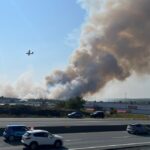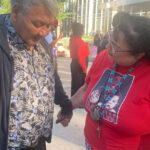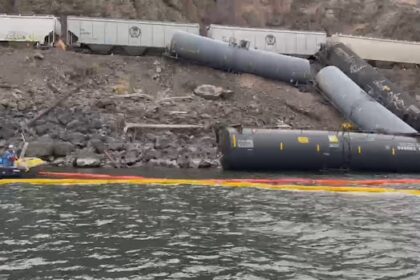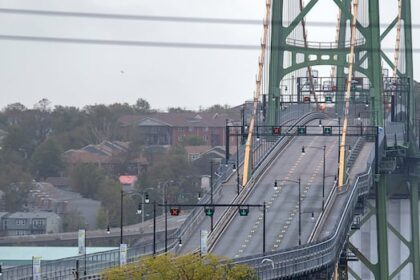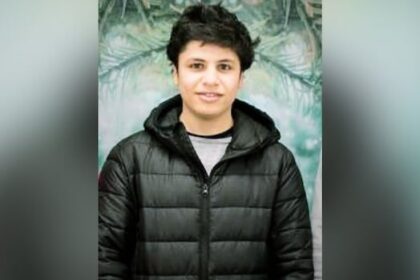A recent B.C. Supreme Court decision on Aboriginal title rights in British Columbia continues to reverberate and stir up heated and sometimes hateful rhetoric against Indigenous peoples online. The lengthy court case of Cowichan v. Canada spanned five years with the decision ruling in favour of the Cowichan Tribes. The ruling was contained in an 863-page decision issued Aug. 7. The court recognized the Cowichan Nation’s Aboriginal title to a parcel of land that includes a portion of Richmond, B.C., and part of the Fraser River. The court also affirmed the Cowichan’s Constitutional right to fish in the area for food. McGill University’s Veldon Coburn says the judge made it clear in her ruling that it didn’t apply to private landowners. “No one is losing their house,” says Coburn, noting that it will come down to compensation from the Crown for the use of the land. “It’s justice for dispossession.” “It was the Crown’s fault for giving out land grants or what have you, and whatever freehold or fee simple land tenure that they might have had when they didn’t acquire the rights to do so.” Coburn notes there’s been a lot of “unseemly backlash” against Indigenous peoples since the decision and he says “it’s unfortunate as they have graciously hosted non-Indigenous settlers for generations now.” Coburn’s own nation, the Algonquins of Pikwàkanagàn First Nation has faced similar opposition to its land claim from property owners in Ontario’s cottage country. “We had to do a lot of work to console or reassure settlers and non-Indigenous folks that there will be no constriction, nobody is taking back land, we’re not going to take your house, we’re not going to kick you out,” Coburn says of the modern treaty being negotiated in that territory. Canada, the province and the Algonquins of Ontario are working together to resolve the land claim through a negotiated Final Agreement. Finalizing the treaty is expected to take a few more years, according to the Ontario government. If ratified, the Agreement in Principle would see the transfer of 117,500 acres of Crown land to Algonquin ownership, and a $300 million capital settlement between the First Nation, Ontario and Ottawa. Decision set off alarm bells Coburn says landowners within the Cowichan territory needn’t worry about their property being seized, as suggested by some. “The judgement even acknowledges that the Cowichan are not seeking to modify “privately owned lands,” Coburn says, pointing to paragraph 44 of the decision. The Cowichan decision set off alarm bells for many non-Indigenous people. “The Cowichan Supreme Court decision puts private property rights across BC at risk and sets a dangerous precedent,” says the Conservative Caucus of BC on the social media platorm X. The @BCConservCaucus is calling on the B.C. NDP to appeal the Cowichan vs Canada BCSC ruling on the grounds of Aboriginal title being extinguished when fee simple was granted. Both claims to land title cannot co-exist. This question must be answered by the courts to determine… pic.twitter.com/DDUnzUUQcu — Scott McInnis MLA (@McInnis_4MLA) August 15, 2025 “The B.C. Supreme Courts radical Cowichan decision threatens private property across B.C.”, says another pundit. However, the language used in the decision by Justice Barbara Young set out to assuage the fears of property owners. “For clarity, the plaintiffs seek a declaration that the fee simple titles held by Canada, the VFPA (Vancouver Fraser Port Authority) and Richmond are defective and invalid because they say the Crown grants from which they derive were made without constitutional or statutory authority and because the Crown grants of fee simple interest unjustifiably infringe their Aboriginal title,” says paragraph 44 of the decision. Young further clarifies the Cowichan Tribes “do not seek the same declaration in respect to private lands or the YVR Fuel Project lands.” Regardless, B.C.’s Attorney General Niki Sharma notes in an Aug. 11 statement the province is appealing the decision and is seeking a stay until the appeal is resolved. “We respect the court’s role in our justice system, but given the significant legal issues raised in the recent decision in Cowichan Tribes v. AG Canada et al., we believe it must be reconsidered on appeal. This ruling could have significant unintended consequences for fee simple private property rights in B.C. that must be reconsidered by a higher court,” Sharma says. Sharma says the case is an example “of why the Province prefers to resolve land claims through negotiation…, where we can protect property rights directly – rather than risk considerable uncertainty through court decisions.” But Coburn says property owners need to realize they have limited legal interest when they purchase. “You can’t buy private property and put together enough and say I’m going to declare myself an independent nation now-no, the Crown has underlying title…, and the Crown’s title is burdened-in law anyways-by the existing aboriginal title that Indigenous nations had by way of their group occupancy.” APTN News reached out to Cowichan leadership but no one was available for an interview. Tags: Algonquins of Pikwàkanagàn First Nation, B.C. Supreme Court, Compensation, Cowichan Territory, Cowichan Tribes, Indigenous, Land, land owners, Land title, Modern Treaty, precedent Continue Reading
Indigenous peoples dont want to take your house, says McGill prof of Cowichan Tribes decision
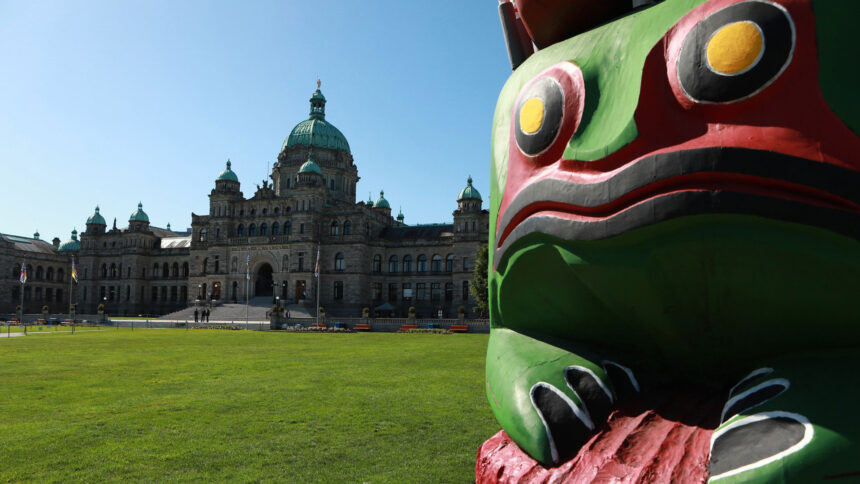
Leave a Comment


